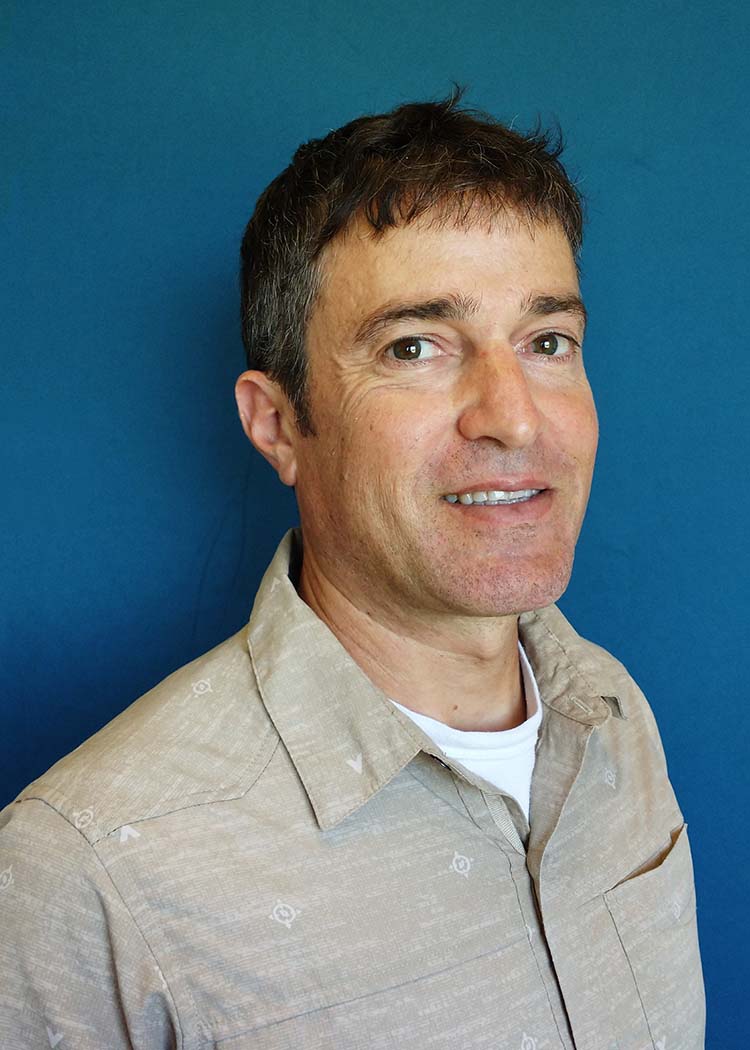Researchers Use a New Two-Dimensional Analysis to Build a Map of Gene Expression in Plant-Fungi Interactions
Department of Energy, Office of ScienceResearchers studied gene expression in plant/mycorrhizae symbioses by analyzing the roots of a model plant colonized by fungi and using a combination of techniques to measure gene activity in individual cells and visualize gene expression within two-dimensional sections of roots.

















